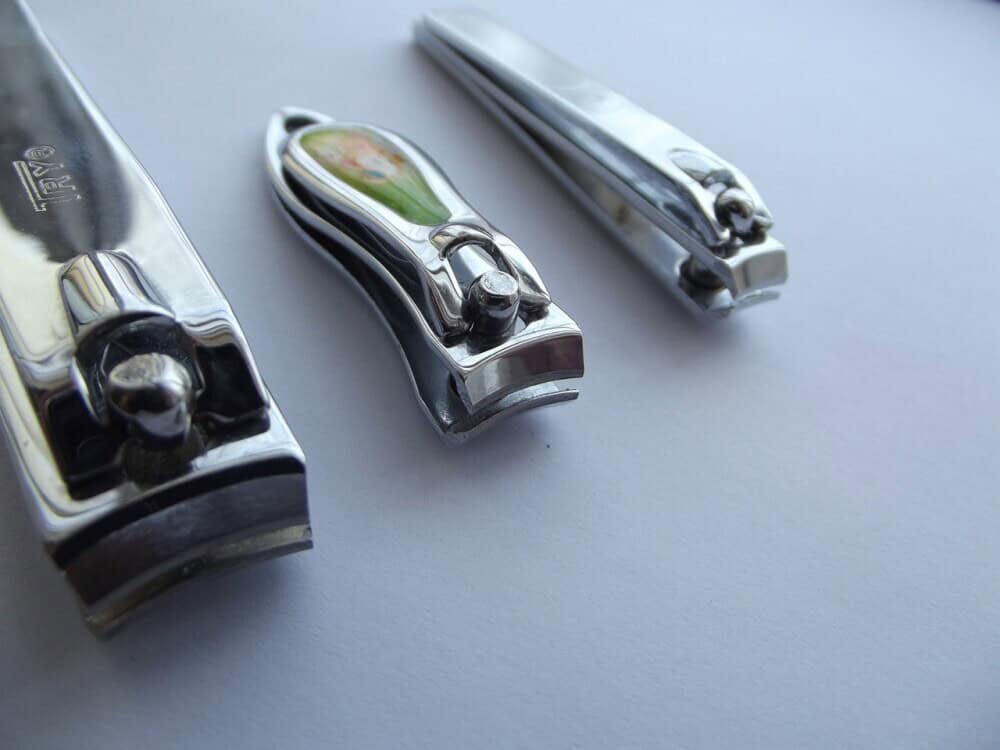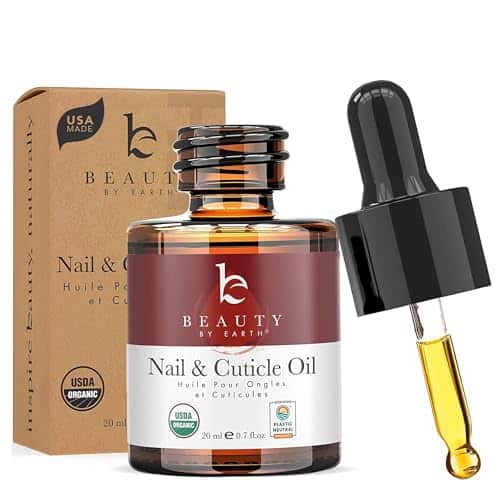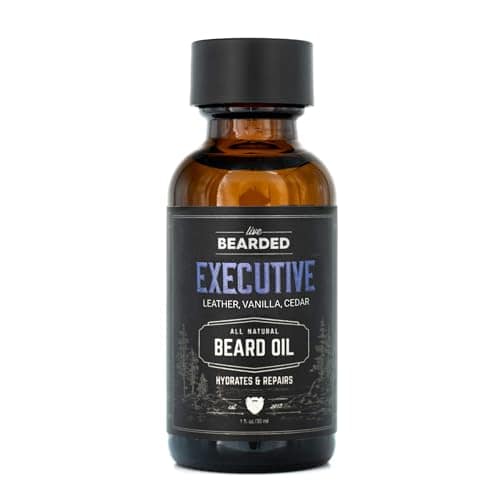Tips for Healthy Nails: A Comprehensive Guide
Your nails are a reflection of your overall health, and taking care of them is more than just a cosmetic effort. Strong, healthy nails enhance your appearance, but they also prevent pain, injury, and infection. To help you maintain beautiful and resilient nails, here is an in-depth guide with tips recommended by dermatologists.

1. Keep Nails Clean and Dry
Moist and dirty nails are a breeding ground for bacteria and fungi. Always ensure your nails are clean and dry after washing your hands or feet. Excessive moisture can weaken nails and lead to infections like nail fungus.
- Make it a habit to dry thoroughly between your fingers and toes.
- Use a soft brush and mild soap to clean under your nails gently.
2. Cut Nails Straight Across
Cutting your nails regularly helps prevent breakage and ingrown nails. Use sharp, clean tools like nail scissors or clippers to cut your nails straight across. Round the edges slightly to avoid snags but avoid making them too short, as this can expose the sensitive skin underneath.
- Trim fingernails weekly or as needed.
- For toenails, trimming every few weeks is recommended.
- Sterilize your tools before and after use to reduce infection risks.
3. File Nails Safely
Filing your nails maintains their shape and prevents snagging, but how you file matters. Rough and aggressive filing can weaken nails. Always file in one direction to maintain the nail’s integrity without causing splits or cracks.
- Use a fine-grit emery board for smooth edges.
- Avoid using metal files, which can be too harsh on nails.
4. Avoid Biting and Picking Habits
Biting nails or picking at your cuticles creates openings for bacteria to enter, leading to painful infections and weakened nails. Instead:
- Keep your nails trimmed short to reduce the temptation to bite.
- Consider applying a bitter-tasting nail polish specifically designed to deter biting.
- Moisturize your cuticles daily to prevent them from cracking or peeling.
5. Never Use Nails as Tools
It can be tempting to use your nails to open cans, scrape stickers, or complete household tasks. However, such activities can weaken, chip, or even crack your nails, leaving them vulnerable to further damage.
- Use proper tools for tasks like opening jars or peeling tape.
- Think of your nails as delicate—they’re strong when cared for but prone to breakage under pressure.
6. Regular Care for Toenails
Toenails are just as important as fingernails, and caring for them ensures you avoid painful conditions like ingrown nails or fungal infections.
- Trim toenails straight across to prevent them from growing into the surrounding skin.
- If your toenails are thick and hard to cut, soak them in warm salt water (1 teaspoon of salt per pint of water) for 5–10 minutes to soften them before trimming.
- If you notice discoloration, thickening, or deformity in your toenails, see a dermatologist as these could be signs of fungal infection or another underlying issue.
7. Address Ingrown Toenails Carefully
Ingrown nails can occur when the edges or corners grow into the skin, often causing pain, swelling, and infection. Avoid attempting to dig the nail out yourself, which can worsen inflammation.
- Wear shoes that don’t crowd your toes.
- If the condition persists, a dermatologist can safely remove the ingrown portion and provide relief.
8. Wear Properly Fitting Shoes
Footwear significantly impacts the health of your toenails. Shoes that are too tight can put pressure on your nails, leading to trauma (e.g., bruising, thickening, or even falling off). Shoes that are too loose cause friction, leading to nail problems.
- Opt for shoes with a wide toe box to give your toes space.
- Rotate between pairs of shoes to allow them to dry completely between wearings, especially if you sweat a lot.
9. Protect Your Feet in Public Areas
Public pools, showers, and locker rooms are common places for picking up fungal infections. Walking barefoot in these areas can increase your risk of athlete’s foot and fungal nail infections.
- Always wear flip-flops or water shoes in communal areas.
- Dry your feet thoroughly and apply antifungal powder if you are prone to infections.
10. Moisturize and Protect
Just like your skin, your nails need hydration to stay flexible and strong. Dry nails are more likely to become brittle and split.
- Apply hand lotion after washing your hands, and make sure to rub it into your nails and cuticles.
- Consider using cuticle oil or creams specifically formulated to nourish nails.
- If you frequently expose your hands to water or cleaning agents, wear rubber gloves to protect your skin and nails.
11. Limit Use of Harsh Products
Nail polish removers that contain acetone can dry out nails, making them brittle and more prone to damage. Opt for acetone-free nail polish removers and avoid excessive use of artificial nails, as these can weaken your natural nails over time.
- Let your nails “breathe” between manicures.
- Use strengthening nail treatments if you use polish frequently.
12. Know When to Seek Professional Help
If you notice any signs of infection, such as redness, swelling, or discharge around your nails, consult a dermatologist promptly. Persistent discoloration, crumbling, or detachment of the nail might indicate fungal or other medical issues requiring treatment.
Consistency is Key
Healthy nails don’t happen overnight, but with consistent care and mindful habits, you can achieve strong, beautiful nails. Incorporate these tips into your regular routine to protect your nails and enhance their health.
Take small steps today, and your nails will thank you tomorrow! Are you ready to make nail care a priority? Let us know how these tips work for you!
Affiliate Disclosure– Some of the links contained within this article may contain affiliate links. This means if you click one and make a purchase, I may earn a small commission at no additional cost to you. This commission helps support my site and keeps me motivated. Thank you in advance!
Nail Care Suggestions
Last update on 2025-06-03 / Affiliate links / Images from Amazon Product Advertising API






